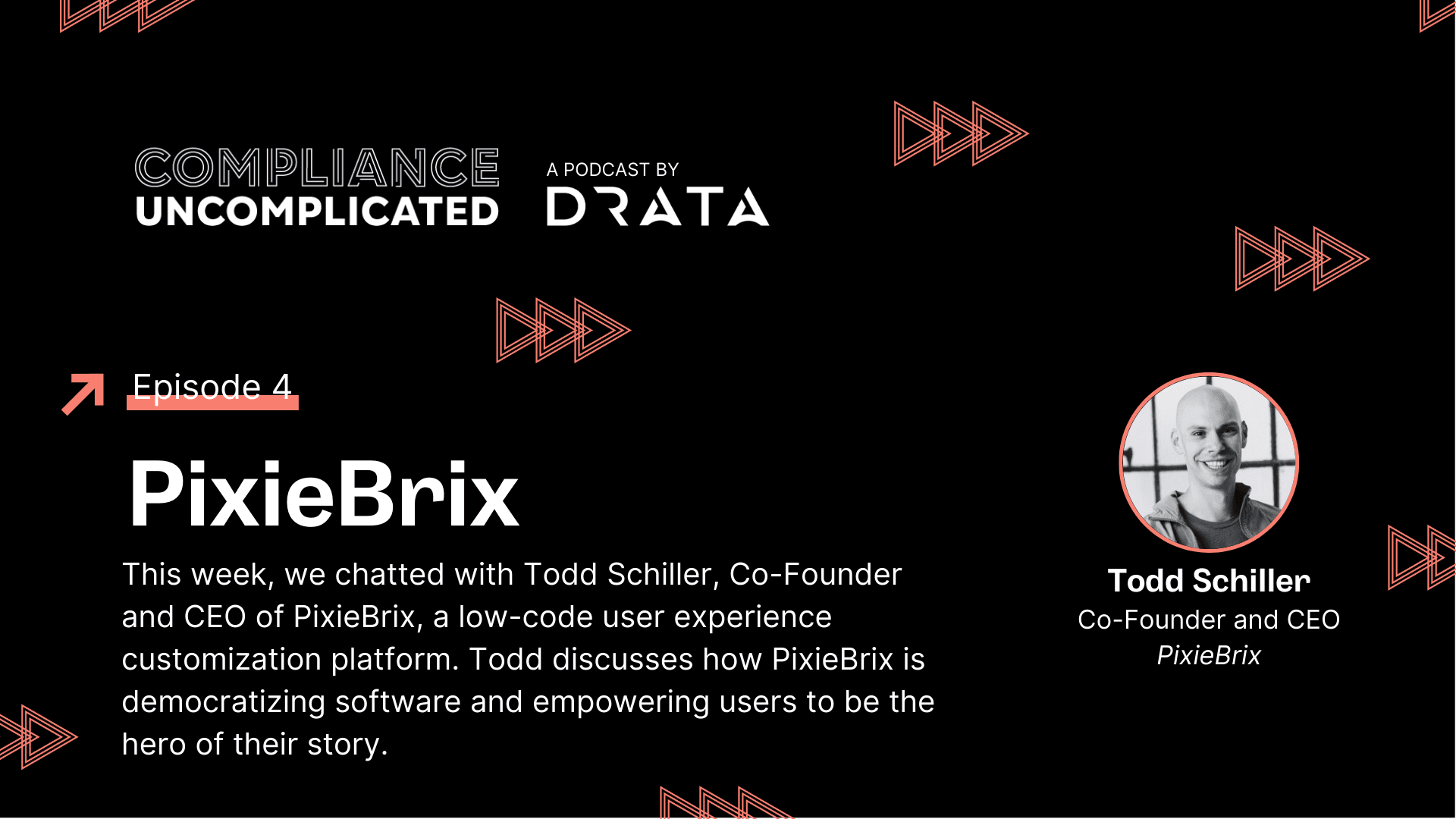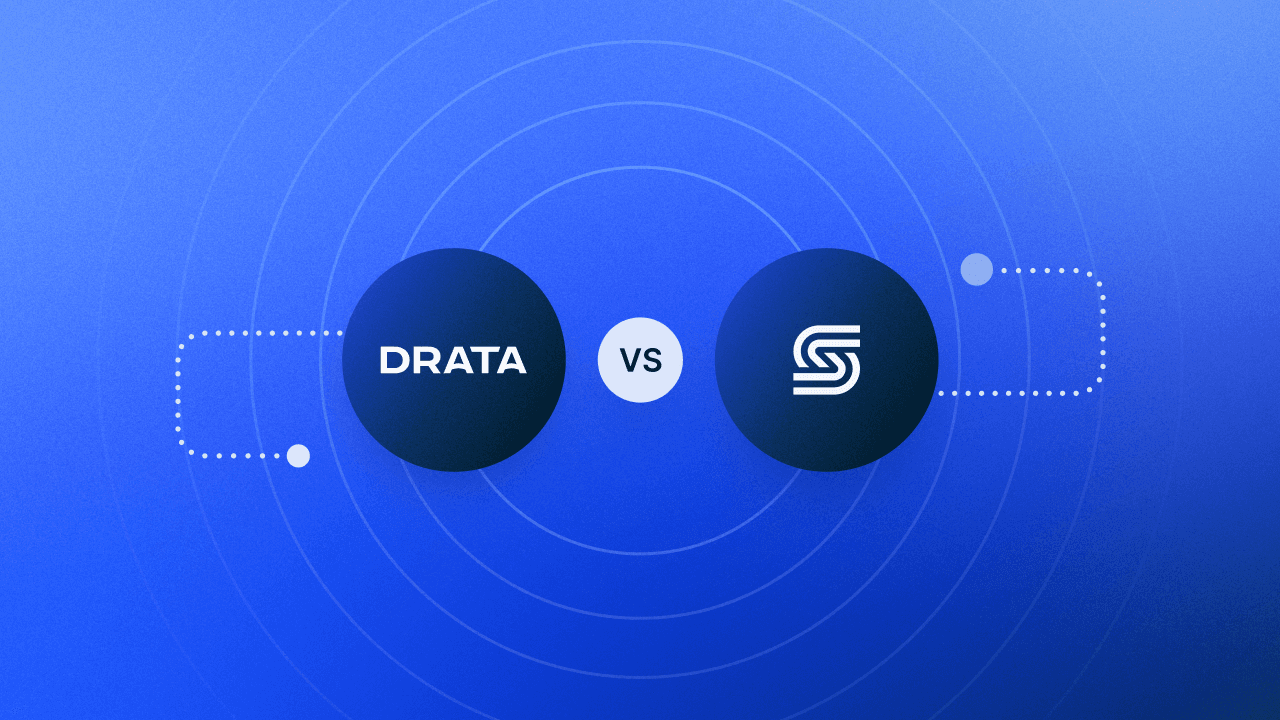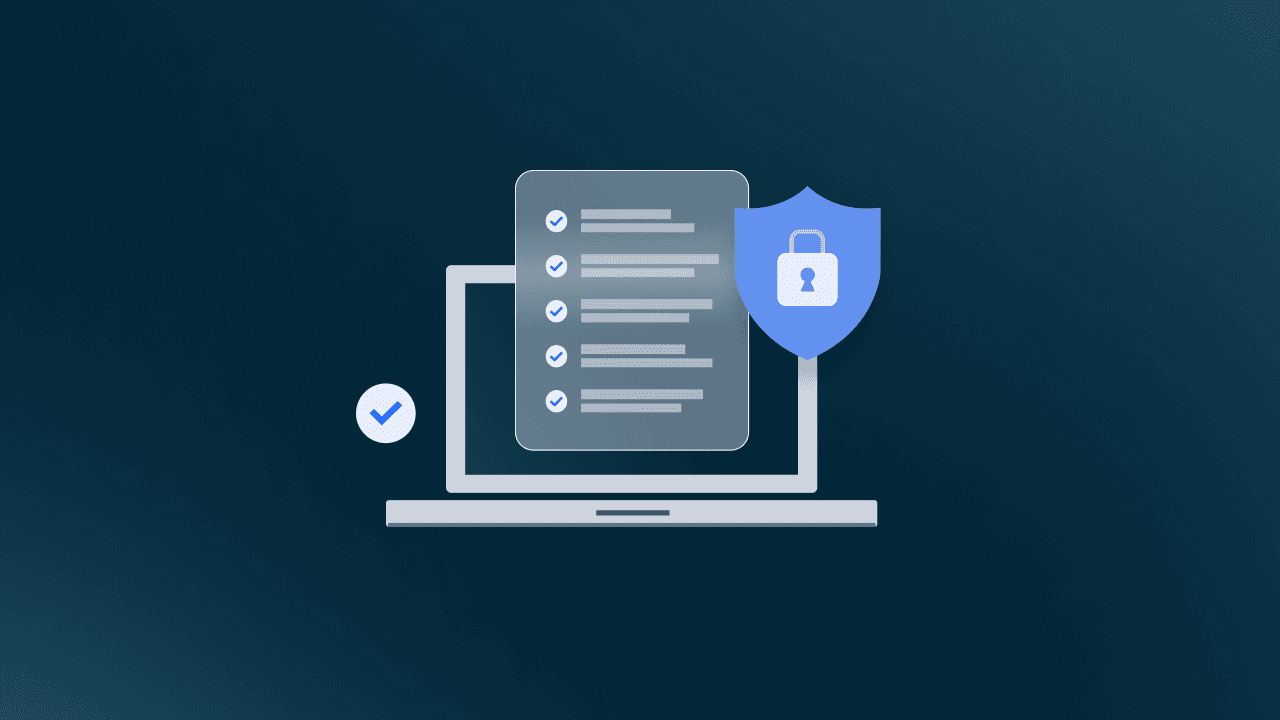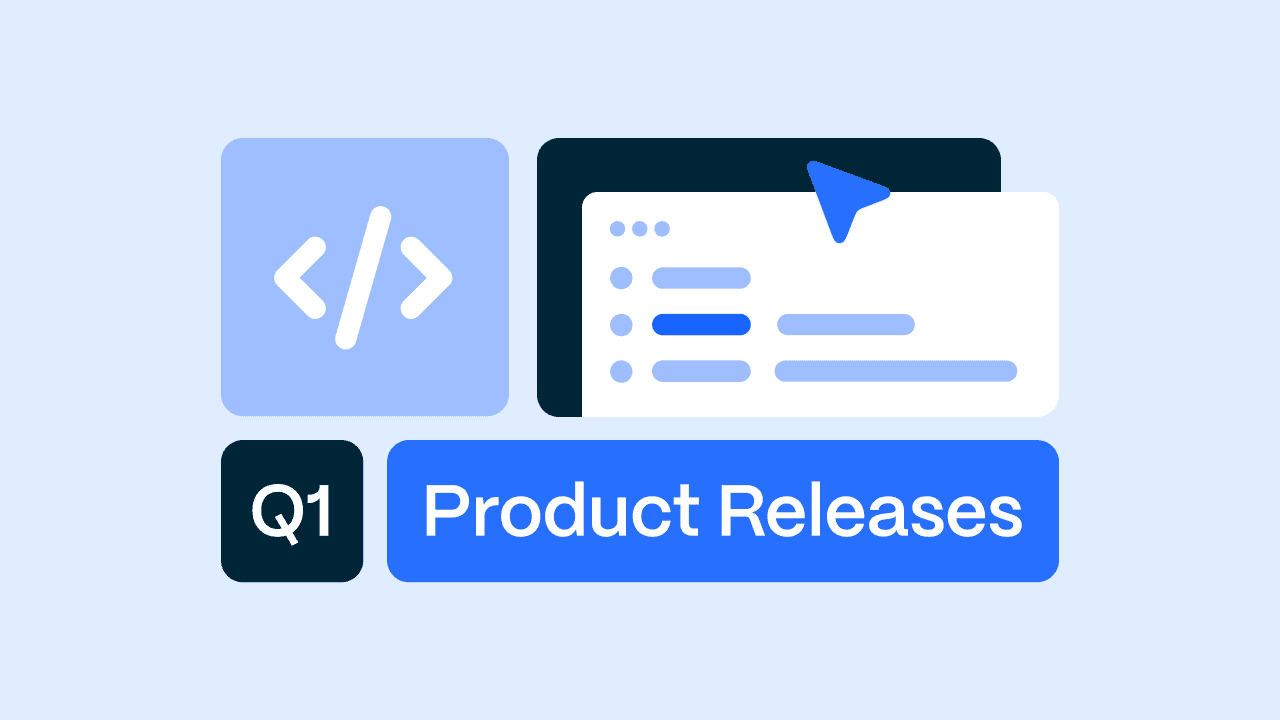Compliance Uncomplicated Episode 4: Perfecting the User Experience With PixieBrix
In episode four of Compliance Uncomplicated, Drata co-hosts Helina Medhin and Arlo Guthrie chat with Todd Schiller, Co-Founder and CEO of PixieBrix, a low-code user experience customization platform. Todd discusses how PixieBrix is democratizing software and empowering users to be the hero of their story.
For anyone looking to create a better user experience for their customers, this episode of Drata’s podcast, Compliance Uncomplicated, is a must-listen!
In the fourth episode of Compliance Uncomplicated, Helina Medhin and Arlo Guthrie, Drata’s Director of Design, speak with guest Todd Schiller, Co-Founder and CEO of PixieBrix, the low-code user experience customization platform.
We learn more about PixieBrix’s approach to perfecting UX with their own users, how software bridges gaps between humans and computers, and how compliance fits into the mix.
About PixieBrix
PixieBrix is the first low-code platform that allows you to automate and enhance the websites and web apps that you and your teams already use. Using its browser extension, you can modify websites—even if you don't own the website or have the source code to that site—and web applications to best suit your usage needs.
“With PixieBrix,” Todd explains. “You can actually add missing functionality to these tools, actions, and enhancements that you can build in seconds.” Their belief is that technology should allow you to “take what you already like, but then upgrade the parts to really make it a perfect fit for your goals.”
PixieBrix aims to democratize software customization. “You should be able to customize it to your needs, even if you aren't a programmer or a software developer.” They even have a marketplace that allows users to share and use blueprints already built, rather than starting from scratch each time.
Drata and PixieBrix’s mutual love and appreciation for automation is actually what brought Todd to Drata in the first place. “There's real philosophical alignment there.”
Humanizing Software
By putting customization power in the hands of the user, PixieBrix is bridging the gap between software and the humans that use it.
"What I think is really cool about software is that it's a representation of human knowledge about how the world works,” Todd shares. “When you build tools for analyzing software or creating software, you're actually deepening your understanding of the world and how to create things [with]in that. And then, when you start running analyses or synthesizing, you're actually also creating new knowledge as you go.”
“Why I think that's so powerful, is that humans and computers have different strengths,” Todd continues. “Humans are very good at framing problems, navigating ambiguity, relationship building, whereas computers are good at rote memory, solving large computations.”
While Todd does say PixieBrix is working on infusing AI into their product, he shares his confidence that there is still meaningful room for humans. Todd goes on to mention that computers are very efficient at “rapidly synthesizing information from different sources to create new information. But they still need that interplay with humans to really drive outcome.”
How to Create the Perfect User Experience
Creating a truly exceptional user experience is not an easy feat, but it is crucial to the success of any business. When asked how PixieBrix manages to deliver such great user experiences, Todd emphasizes the importance of putting the user at the center of the experience.
At PixieBrix, their team talks constantly about how they can “make the user the hero of the story.” Their goal is “to really empower them to be the hero of their own [story]—help themselves out and help their team members out.”
This doesn’t just happen magically. He emphasizes the importance of taking a proactive approach in “making users successful” and “delivering a delightful experience,” as well as taking the time to think through any potential areas where users might experience difficulties.
Where Does Compliance Fit In?
To Todd, compliance is pretty simple. “Compliance is about agreeing to do important things and then keeping your word.”
Security and compliance were important to PixieBrix from day one, so they went after their SOC 2 attestation early. Todd explained they wanted to both get credit for what they were already doing, but also recognized the importance of “communicating our compliance and controls in a way that our customers, and IT departments were already familiar with.”
“It’s really about keeping our word, and then also communicating that in a way that's simple and makes sense to our customers.”
Can Ensuring Compliance Be a Positive User Experience?
Ensuring compliance is an important aspect of any business, but implementation of compliance protocols doesn’t always lend itself to the best user experience. Todd shared that was not at all the case with Drata.
“Even reflecting on our experience with Drata, I think one of the things that stood out for us was how delightful it was—out of the support team, and the support capability built into Drata, whether we had compliance questions or even technical questions on integrations,” Todd shared. “This was sort of our first time going through this process and it was great to have that support really at our fingertips.”
Listen to the Episode
To learn more about how you and your team can enjoy a better user experience with the web apps and websites you use, check out PixieBrix.
To hear more from Todd, listen to episode four of Compliance Uncomplicated on Spotify, Apple Podcasts, YouTube, and Amazon Music. You can also discuss this episode on Drata’s community, Secured, or subscribe to our newsletter, Trusted, to get the latest news.
Remember—compliance and user experience do not have to be at odds with each other. With the help of automation tools like Drata, businesses can meet regulatory requirements while still enjoying a great user experience. Schedule a demo with our team today to see how Drata can help you.
Put Security & Compliance on Autopilot®
Close more sales and build trust faster while eliminating hundreds of hours of manual work to maintain compliance.







